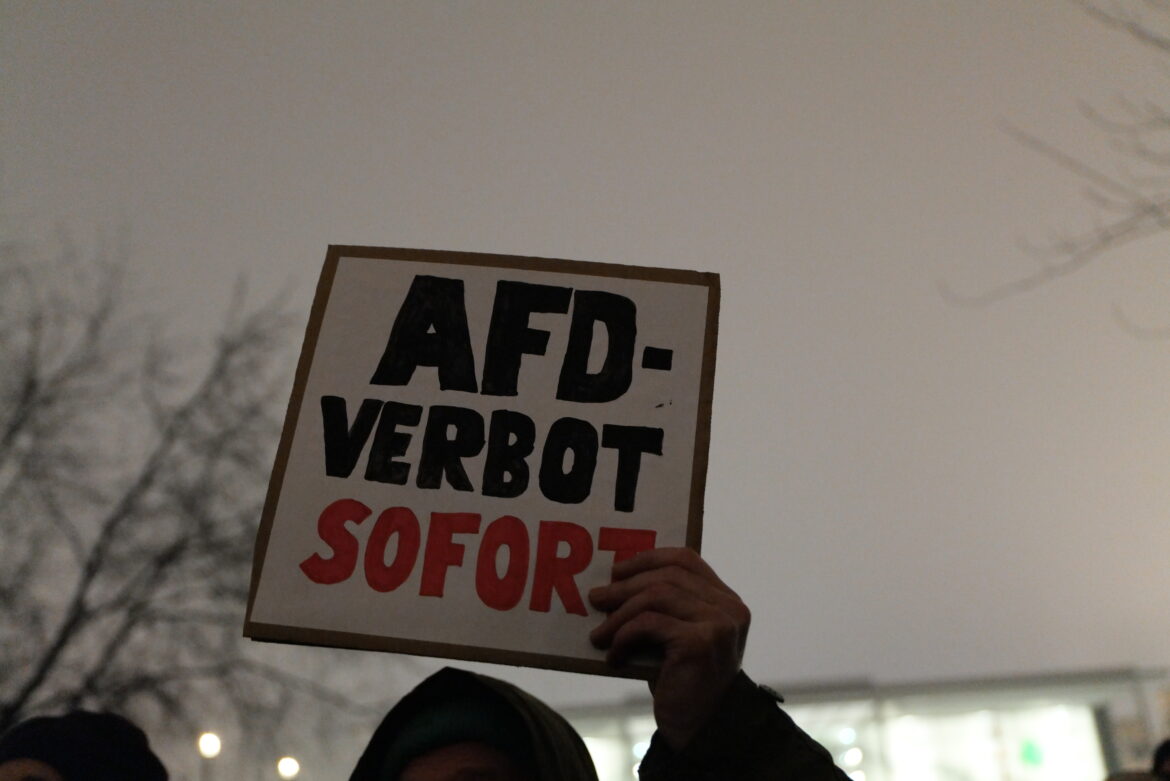Nationwide protests have been occurring in Germany in the past few weeks since January 15, 2024, when the German news outlet Correctiv leaked the contents of a closed-door meeting with members of Germany’s far right. The meeting, which occurred on November 25th, 2023, in a hotel near Potsdam, centered around a proposed ‘remigration.’ It consisted of a plan to mass deport immigrants and refugees from Germany, even those with German citizenship. The plan targeted asylum seekers and immigrants with German residence rights who have not ‘assimilated’ according to their standards. While the plan was put forth by Austrian right-wing activist Martin Sellner, among the attendants of the meeting were several influential members of the Alternative for Germany (AfD) party, a neo-Nazi party that has gained popularity in Germany over the last decade. Since the public has become aware of the contents of this secret meeting, protesters – including many government officials and major company leaders – have disavowed this plan and the AfD party, with some even calling for it to be banned. The party is most popular in the eastern German states of Thuringia, Saxony and Brandenburg, where they have been polling first at over 30% a few months ahead of major elections in those states.
The party was founded in 2013 amidst the Eurozone debt crisis as an anti-Euro, anti-establishment party. In 2015, it moved heavily towards the right, markedly taking on an anti-refugee and anti-immigrant stance and resultantly losing many of its founding members. At the time, Europe was facing a refugee crisis, and its then Chancellor, Angela Merkl, instituted an ‘open-door policy’ for refugees entering Germany. This policy went on to absorb over one million refugees, the most of any nation in the European Union and the fifth largest host country globally. None of the major parties opposed this stance, and the AfD surged in popularity as the leading oppositional force allowing their entrance into the Bundestag, the German parliament. Since then, the party has operated on an anti-immigration platform, enjoying some popularity but few leadership positions due to the refusal of other other parties in the Bundestag to work with them.
In 2021, the Bfv, Germany’s domestic spy agency, formally placed the party under surveillance as a threat to Germany’s democratic constitution, effectively placing them as the first party to be monitored as such since the fall of the Nazi regime in 1945. In April 2023, the Bfv formally increased its surveillance of the youth wing of the party, labeling them ‘extremist,’ groups with goals that undermine the German constitution. Only a few months later, the party rose in popularity, polling up to 16-19%, the highest since the preceding five years. This increase in popularity can be attributed to inflation and fears about Germany’s recent increase in immigration after the outbreak of the war in Ukraine. When the news of the secret meeting broke, the party was at an all-time high of about 22% in the polls and felt confident about the upcoming regional elections in eastern Germany.
Since the content of the far-right meeting was leaked, estimates in the hundreds of thousands to over a million people have taken to the streets in hundreds of locations across Germany to protest the AfD. Signs held by the protesters include demands to investigate and ban the party and draw comparisons to the rise of the Nazi party in the 1930s. Other observers have also identified the parallels between this event and Nazi activity, with the Correctiv article noting the similarities between the meeting and the hideous Wannsee Conference of 1942, during which top Nazi officials discussed plans for the ‘final solution’ against the Jewish people. In a response to the news of the meeting, Nancy Faeser, a federal minister in Chancellor Olaf Scholz’s cabinet commented, “those who fantasize about reconquering and remigration are drawing on the same ideas that paved the way for the inhuman racial laws of the Nazis.” Chancellor Scholz himself joined the protests and has lauded the backlash against the substance of the meeting, calling it “an attack against our democracy, and in turn, on all of us.”
On January 28, the AfD narrowly lost an administrative election in Saale-Orla, a district in Thuringia. This was the first election in the party’s strongest region since the news of the meeting broke. The AfD candidate lost by 4.6% to his conservative rival from the Christian Democrat (CDU) party. While this seems like a small gap, it illustrates significant momentum against the AfD. Two weeks prior in the primary elections, the AfD candidate had received 45.7% of the vote to the CDU candidate’s 33%. After the Correctiv article and mass mobilization across the country, increased voter turnout at the runoff elections allowed the CDU candidate to close the gap and secure the position. While the loss was narrow, it is nevertheless an indication that the AfD’s leads in the region will be negatively affected by the protests in the coming months.
Edited by Madeline Chisholm

